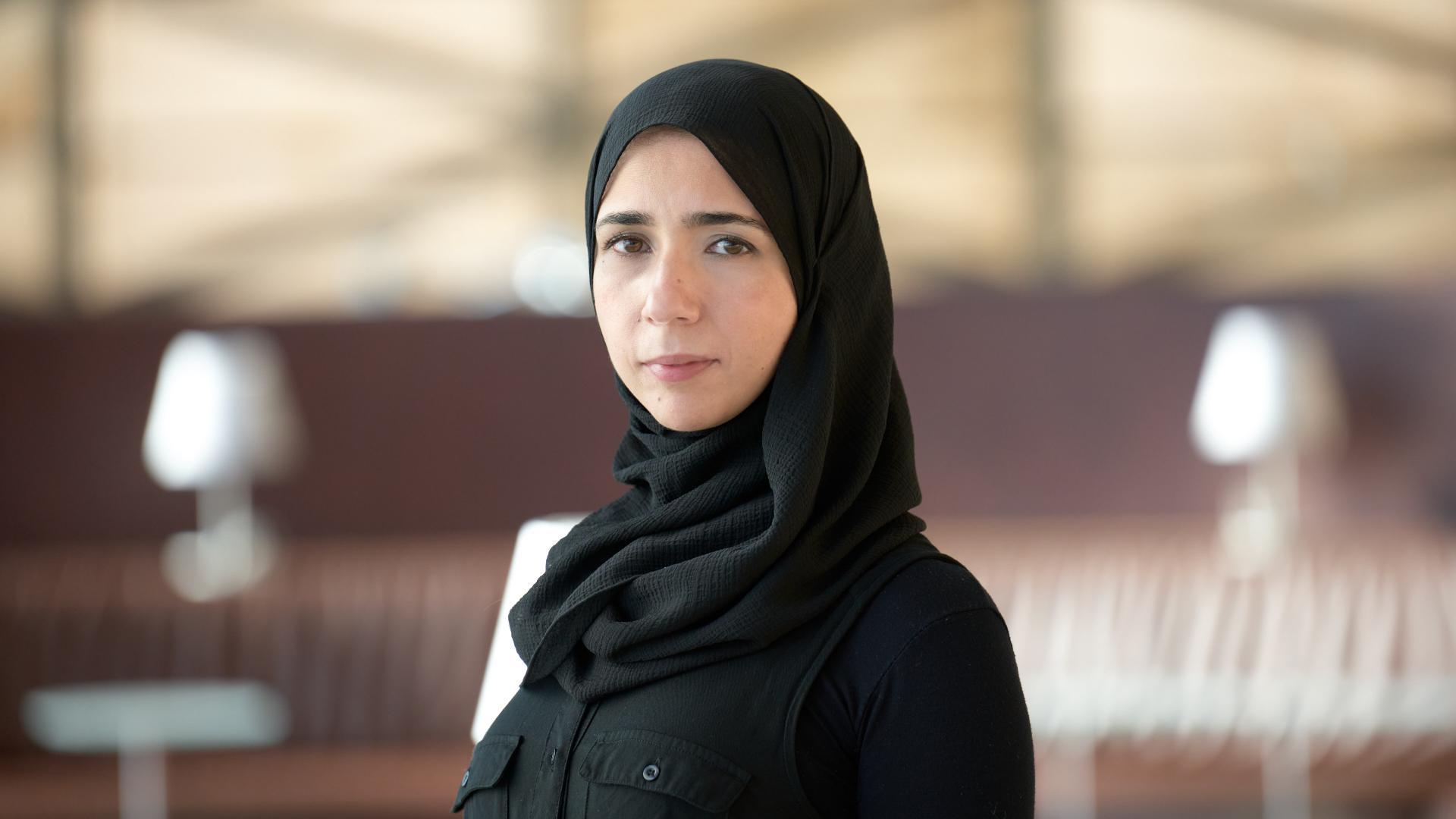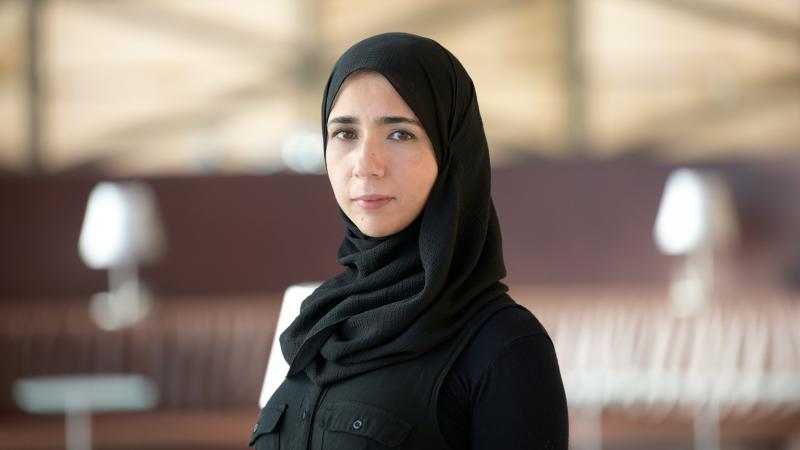My name is Taous-Leila Madi and my main research interests are the application of formal methods, machine learning, and the security and resilience of next-generation communication platforms. My passion for cybersecurity has been fueled at the beginning of my graduate studies, where I had the chance to work on different security projects related to mobile networks and different wireless access technologies. I was fascinated by this discipline of understanding and anticipating attackers’ minds to harden systems against hostility.
After finishing my master’s in mobile systems (USTHB - Algiers), I joined the Concordia Institute for Information and System Engineering at (Concordia University - Montreal) as a Ph.D. student under the supervision of Professor Mourad Debbabi and Professor Lingyu Wang, where my research activities were mainly related to the security of cloud computing, one of the enabling technologies for next-generation networks. My main goal was to design tools and methodologies for checking the compliance of cloud virtualized environments with respect to security standards, regulations, and tenants’ predefined security policies by leveraging the cutting-edge formal methods and algorithms. My research in this direction was part of one of the most successful academic-industrial collaborations and has produced a book and several papers published at prestigious venues including best journals such as IEEE Communications Surveys & Tutorials, IEEE Transactions on Forensics and Security, ACM Transactions on Privacy and Security, and top-tier security conferences such as NDSS and ESORICS. After my graduation, I continued my journey as an Experienced Researcher at Ericsson Security Research Canada, a world-class telecommunication company. Therein, my primary mandate was the threat landscape analysis of Network Function Virtualization-based 5G core networks and the design of deep learning-based attack prediction and detection approaches. This research effort has resulted impactful results and several patents.
While analyzing the threat surface of the next generation communication environments and exploring the intrusion detection artifacts, it became evident to me that classic security solutions alone will not stand in front of the anticipated mosaic of sophisticated threats given the unprecedented complexity and highly dynamic nature of those platforms. This motivated me to steer my research activities towards the investigation of new data-driven intrusion tolerance and self-defense mechanisms leveraging the elasticity and automated management of modern lightweight virtualization environments to streamline their resilience to potential attacks. At the RC3, we are currently tackling this research aspect to lay foundations for self-immune and robust platforms and digital services.
Outside my professional life, I like doing several kinds of activities with my daughter and son, especially cooking, painting, and roller skating.

